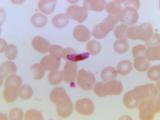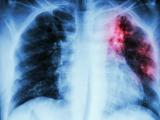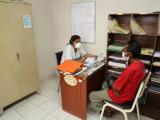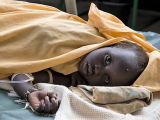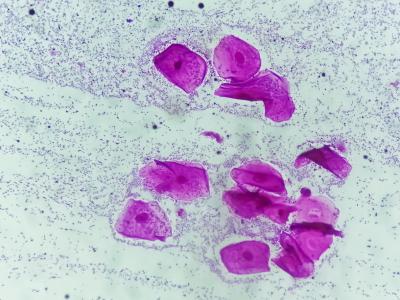Mar 18, 2009 (CIDRAP News) – The global economic crisis and climate change are taking their toll on world health and may threaten the recognition and control of infectious diseases, Margaret Chan, director-general of the World Health Organization (WHO), said today at a global health forum.
Chan made her comments in a keynote speech before the 23rd Forum on Global Issues in Berlin, which focused on health issues. She directed most of her comments toward effects of the economic crisis on health in general, but voiced several specific concerns on how it might impact infectious diseases. The WHO published her speech on its Web site today.
She said the economic crisis is the result of bad policies and comes at a time when global interdependence threatens nations that avoided risky financial practices. "We have made this mess, and mistakes today are highly contagious," she said, adding that globalization, greater market efficiency, trade liberalization, and user fees for healthcare seem to have contributed to health inequities.
Chan said she doesn't oppose free trade and that economic prosperity can improve health at all levels. "But I do have to say this: the market does not solve social problems."
Cutbacks in healthcare spending could interrupt the supply of medications for diseases such as AIDS, tuberculosis, and malaria and could speed the development of drug resistance, she said. The potential for drug-resistant diseases such as multidrug-resistant TB to spread quickly over international boundaries is particularly ominous, Chan added.
"Its further international spread could take us back to the treatment era that predates the development of antibiotics," she said. "Can the world really afford another risk of this magnitude?"
If economic conditions erode financial support for surveillance and laboratory capacity, "will health authorities catch the next SARS [severe acute respiratory syndrome] or spot the emergence of a pandemic in time to warn the world and mitigate the damage?" Chan asked.
Scientists are confident that climate change will have serious health consequences, such as more outbreaks of cholera and other diarrheal diseases, she warned. "Climate change could alter the geographical distribution of disease vectors, including the insects that spread malaria and dengue."
Chan urged the health sector to take the lead in guarding the world against infectious disease threats, which could cause global havoc aside from the disruptions already occurring from the financial crisis and climate change.
"Emerging and epidemic-prone diseases are considered threats to international security, precisely because of the tremendous economic and social disruption they can cause," she said.
The health sector showed its strength when it stopped the spread of SARS within a 4-month span. "The health sector was prepared. Surveillance, alert, and response mechanisms were in place," Chan said. "We managed the risks, and the crisis did not spiral out of control."
"This is the brighter side of globalization. This is an example of collaboration before a shared threat," she said.
See also:
Mar 18 WHO link to Chan speech
23rd Forum on Global Issues program
